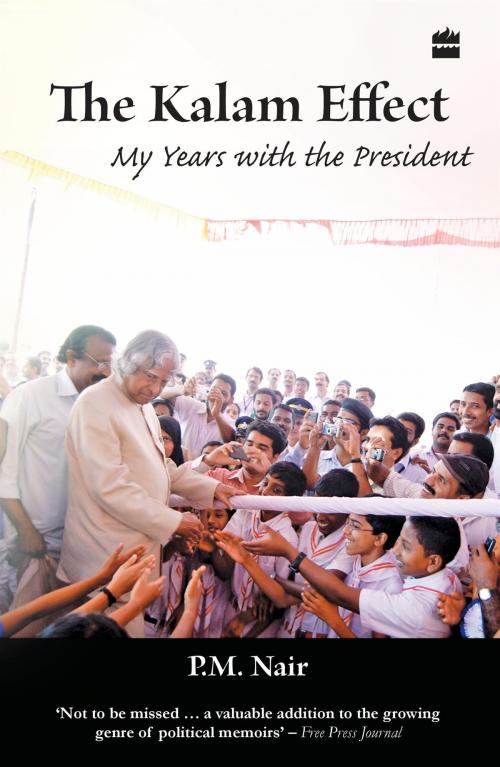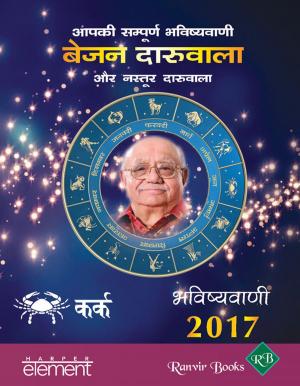| Author: | P M Nair | ISBN: | 9789350292396 |
| Publisher: | HarperCollins Publishers India | Publication: | January 9, 2013 |
| Imprint: | HarperCollins | Language: | English |
| Author: | P M Nair |
| ISBN: | 9789350292396 |
| Publisher: | HarperCollins Publishers India |
| Publication: | January 9, 2013 |
| Imprint: | HarperCollins |
| Language: | English |
A. P. J. Abdul Kalam became President of India in July 2002. He came to the highest office in the land with doubts being cast on the wisdom of appointing a non-politician, even if it was someone as distinguished as him (he is a recipient of the Bharat Ratna for his work on India's space and defence programmes), to the post. What followed, however, was a remarkable presidency that in the next five years transformed the way people looked at this office, and made Kalam popular in a way few politicians have been. Rashtrapati Bhavan became a much more accessible place in his time, and his enthusiasm for his favourite cause-a developed and strong India-infected all those who came in touch with him. While the reasons for his popularity will be analysed for a long time, P.M. Nair, who was his Secretary, shows through a series of vignettes in The Kalam Effect some of the probable causes. One of them being that Kalam is just a very special human being. P.M. Nair had a long and varied career in the IAS, which he joined in 1967. In July 2002 he was appointed Secretary to the President and continued in that position all through the five years of A.P.J. Abdul Kalam's tenure at Rashtrapati Bhavan.
A. P. J. Abdul Kalam became President of India in July 2002. He came to the highest office in the land with doubts being cast on the wisdom of appointing a non-politician, even if it was someone as distinguished as him (he is a recipient of the Bharat Ratna for his work on India's space and defence programmes), to the post. What followed, however, was a remarkable presidency that in the next five years transformed the way people looked at this office, and made Kalam popular in a way few politicians have been. Rashtrapati Bhavan became a much more accessible place in his time, and his enthusiasm for his favourite cause-a developed and strong India-infected all those who came in touch with him. While the reasons for his popularity will be analysed for a long time, P.M. Nair, who was his Secretary, shows through a series of vignettes in The Kalam Effect some of the probable causes. One of them being that Kalam is just a very special human being. P.M. Nair had a long and varied career in the IAS, which he joined in 1967. In July 2002 he was appointed Secretary to the President and continued in that position all through the five years of A.P.J. Abdul Kalam's tenure at Rashtrapati Bhavan.















